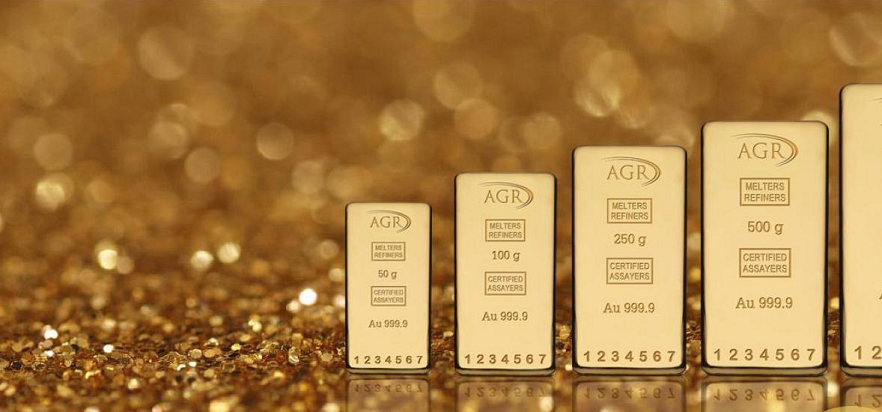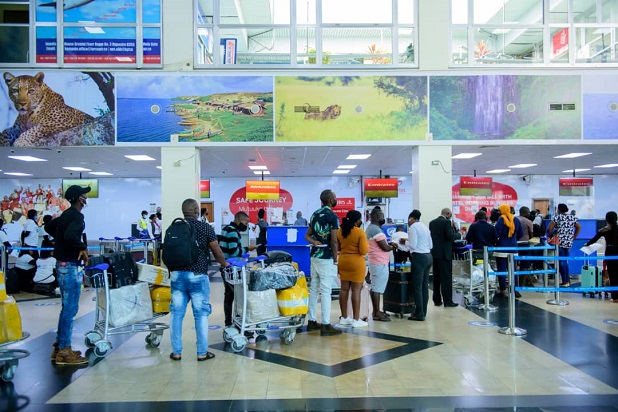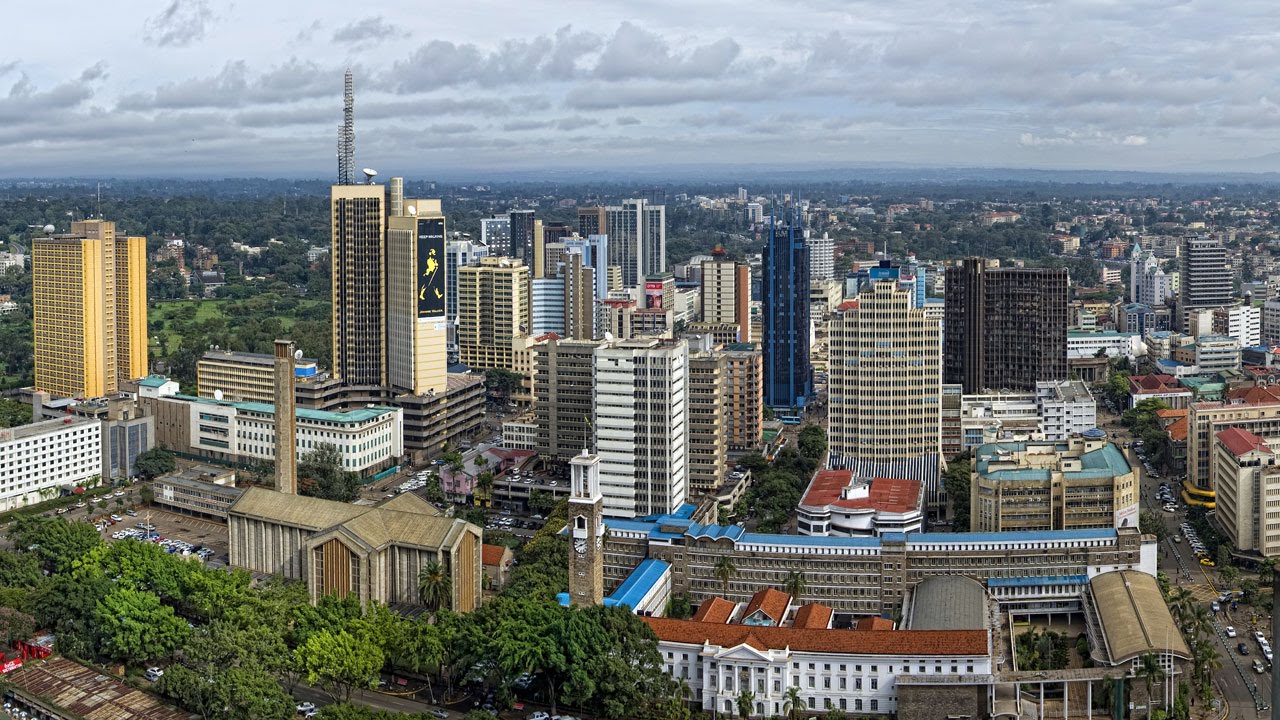Gold Refinery
The U.S. Department of the Treasury’s Office of Foreign Assets Control (OFAC), has sanctioned Alain Goetz, the African Gold Refinery in Uganda, and a network of companies involved in the illicit movement of gold from the Democratic Republic of the Congo (DRC).
The action was taken pursuant to an executive order that targets, among other things, individuals and entities involved in activities that threaten the peace, security, or stability of the DRC or that undermine democratic processes or institutions in the DRC.
More than 90 per cent of DRC gold is smuggled to regional states, including Uganda and Rwanda, where it is then often refined and exported to international markets, particularly the UAE. In eastern DRC, where there are approximately 130 active armed groups, the gold trade is a major driver of conflict because it provides revenue to armed groups that threaten the peace, security, and stability of the DRC.
Here, a network of armed groups, smugglers, and companies generates illicit revenue from the gold industry through forced labour, smuggling, or extorting payments from miners. These actors use revenue from gold to finance armed conflict and enrich themselves while depriving the DRC of tax revenue and disregarding the environment and local communities, a statement by the office indicates.
“Conflict gold provides the largest source of revenue to armed groups in eastern DRC where they control mines and exploit miners,” said Under Secretary of the Treasury for Terrorism and Financial Intelligence Brian E. Nelson.
He added that Alain Goetz, a businessperson from Belgium who operates the African Gold Refinery (AGR) in Uganda, and his network have contributed to armed conflict by receiving DRC gold without questioning its origin. Treasury has been very clear: global gold markets, at every step of the supply chain, must engage in responsible sourcing and conduct supply-chain due diligence.”
The network of companies includes Agor DMCC, a UAE-based gold refinery that imports gold from AGR, a Belgium-based management company Alaxy, CG – Vastgoed Invest, a Belgium-based holding company, AGR International Ltd, a Seychelles-based holding company, Goetz Gold LLC, a UAE-based gold trading company and Premier Gold Refinery LLC, which is also based in UAE.
The others are Orofino, a Belgium-based holding company and WWG Diamonds, a Belgium-based holding company that is involved in mining activities. All the companies on the list are either owned or controlled by Goetz.
According to the office, Goetz, and his network receive illicit gold from mines in regions of DRC that are controlled by armed groups, including the Mai-Mai Yakutumba and Raia Mutomboki that are involved in destabilizing activities in South Kivu, DRC. It adds that Goetz’s gold network has extensive refining and transport capabilities and sources gold from DRC, Kenya, South Sudan, and Tanzania.
AGR has a refining capacity of 219 tons per year and is considered one of the largest gold refineries in Africa, after refineries in South Africa and Ghana. AGR and Goetz acknowledged that a share of the gold AGR refines comes directly from mines in the DRC and has taken over a significant portion of the market for gold trafficked from the DRC.
In 2018, Goetz acknowledged that AGR refines about 150 kilograms of gold from the DRC per week, or approximately 8.5 tons per year, valued at USD 496 million. This amounts to almost all of Uganda’s total gold exports in 2018, which were approximately 10 tons and valued at USD 515 million.
As a result of the sanctions, all property and interests in property of these persons that are in the United States or in the possession or control of U.S. persons are blocked and must be reported to OFAC. In addition, any entities that are owned, directly or indirectly, 50 per cent or more by one or more blocked persons are also blocked.
Unless authorized by a general or specific license issued by OFAC or otherwise exempt, OFAC’s regulations generally prohibit all dealings by U.S. persons or within the United States that involve any property or interests in property of designated or otherwise blocked persons.
The action is also in line with the United States’ continued support for international recognition of the importance of supply chain due diligence as captured by the United Nations Security Council Resolution 1952 (2010) and the commitments by regional states and the International Conference on the Great Lakes Region (ICGLR) set out in the 2010 Lusaka Declaration to Fight the Illegal Exploitation of Natural Resources in the Great Lakes Region.
-URN





